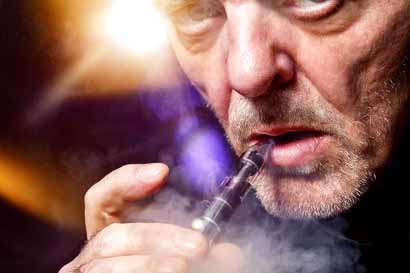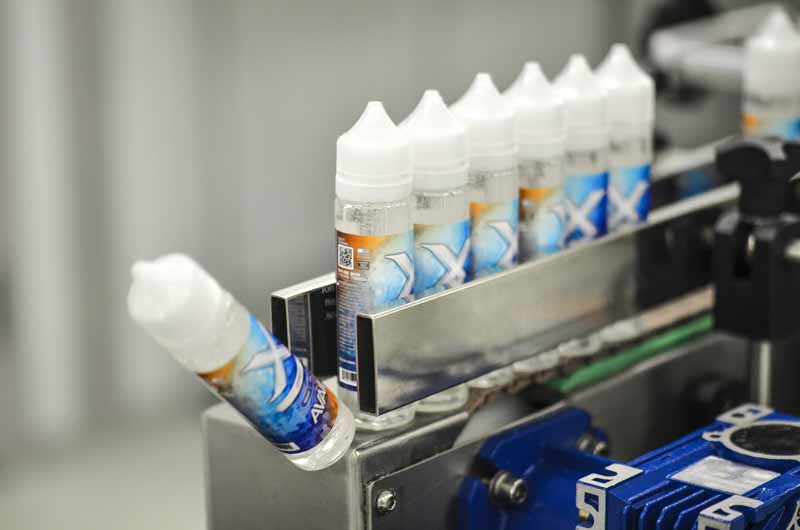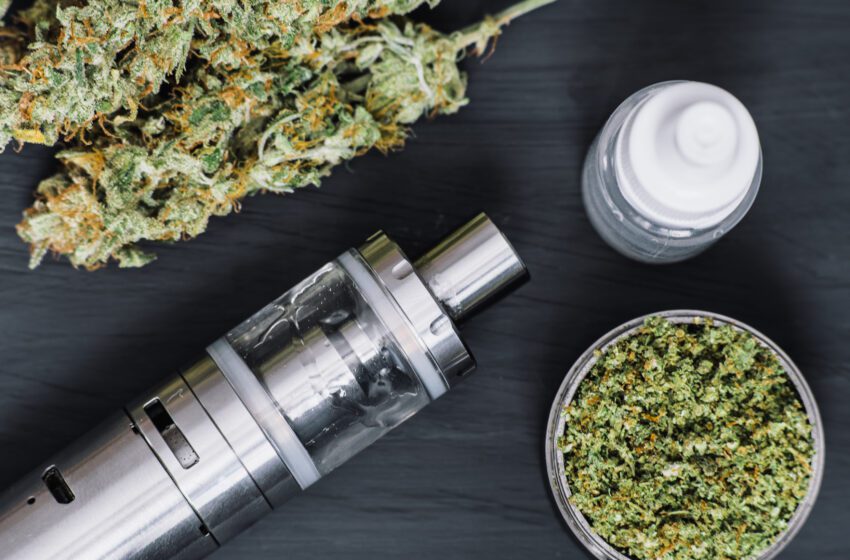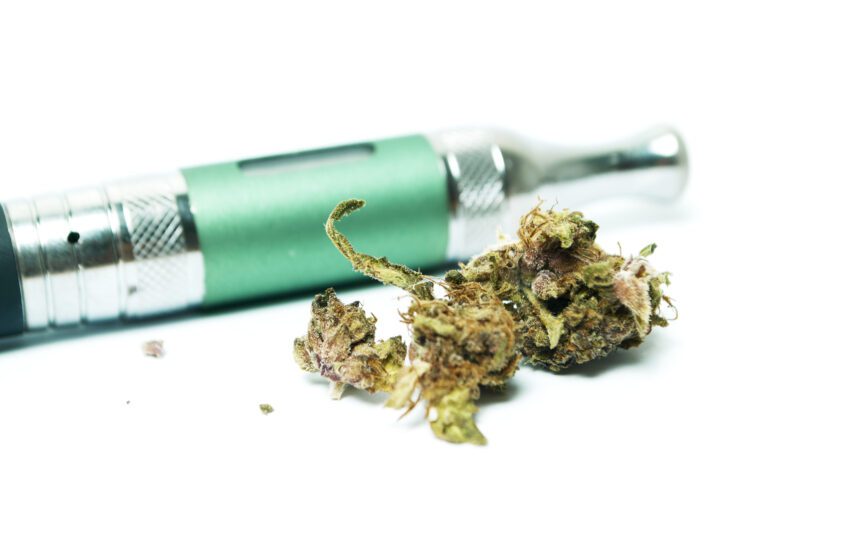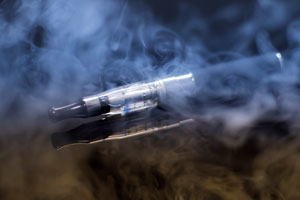Avail Vapor has signed nine major brand U.S. Food and Drug Administration (FDA) regulatory contracts. As a result, Avail will take the lead in submitting an array of products for the FDA’s premarket tobacco product application (PMTA) process, with the first of those applications being submitted in early in 2020, and completing the portfolio before the May 2020 deadline.
“We are thrilled these major brands are placing their trust in us as we move forward together to provide leadership in raising the standards of our industry to help build trust in our products,” said Russ Rogers, COO of Avail.
“We have spent significant time, focus and energy in building our regulatory, ISO 17205 analytical lab, and manufacturing teams to position our company for success with regard to the FDA’s public health expectations. Collaborating with great U.S. e-liquid companies and international device manufacturers on such a critical initiative as PMTAs will validate the value Avail can add in ensuring the appropriateness of these products on the market. Ensuring the highest-quality standards in the ENDS and CBD industries is at the forefront of our mission.”
All e-liquid and device manufacturers have until May 2020 to submit PMTAs for electronic nicotine delivery systems (ENDS) under section 910 of the Federal Food, Drug, and Cosmetic Act. This includes liquids, devices and any affiliated products related to electronic nicotine delivery systems. From there, the FDA has six months to review applications.
If the product application provides scientific data “to demonstrate that marketing the new tobacco product is appropriate for the protection of public health,” the FDA will issue a marketing order, which means the product can continue to be sold to consumers. Avail plans to submit its first batch of PMTAs to the FDA for its own e-liquid brand of products very early in 2020.
“When an e-liquid company signs on with us for contract manufacturing, we are able to assure them that roughly 40 percent of the PMTA process is already complete based on the work we have done to develop our manufacturing and quality systems,” said Vince Angelico, director of regulatory affairs at Avail.
“We can provide a turnkey solution to meet their needs with a science-driven approach to testing for harmful and potentially harmful constituents—demonstrating good manufacturing practices—as well as additional analytical lab testing critical to the PMTA process. This provides a cost-effective path for e-liquid brand holders who are committed to remaining on the market and may otherwise have to exit in 2020.”
To further service the regulatory contracts, Avail has plans to open a facility in southern California.

